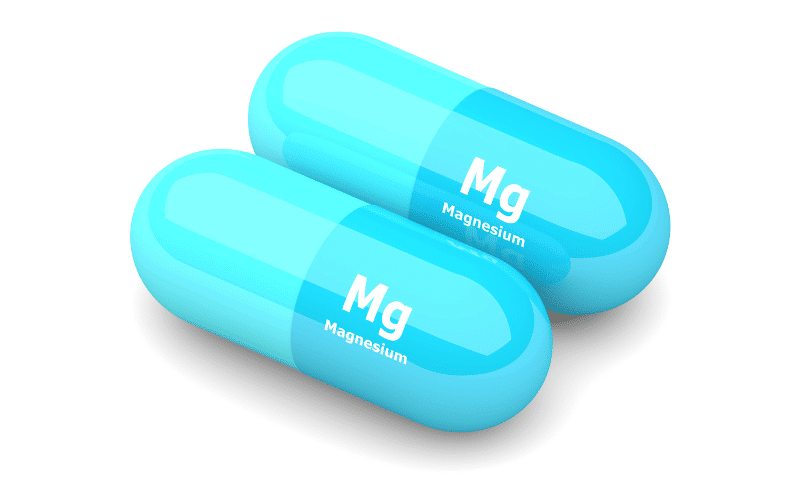Frequently Asked Questions about Magnesium Benefits for Women

Q1: How much magnesium should women consume daily?
A1: The recommended daily allowance (RDA) for magnesium varies based on age and life stage. For adult women aged 19-30, the RDA is 310 mg per day, and for women aged 31 and older, it is 320 mg per day. Pregnant women require higher amounts of magnesium, ranging from 350 to 360 mg per day, depending on their age.
Q2: What is the best form of magnesium supplement to take?
A2: There are several forms of magnesium supplements available, including magnesium citrate, magnesium glycinate, magnesium oxide, and magnesium chloride. The most bioavailable and easily absorbed forms are magnesium citrate and magnesium glycinate, making them ideal choices for supplementation. However, individual preferences and specific health concerns may influence the choice of magnesium supplement. It’s important to consult with a healthcare professional to determine the most appropriate form of magnesium for your unique needs.
Q3: What are the best food sources of magnesium?
A3: Magnesium-rich foods include dark leafy greens (such as spinach and kale), nuts and seeds (like almonds, cashews, and pumpkin seeds), whole grains (including brown rice and quinoa), legumes (such as black beans and lentils), avocados, bananas, and dark chocolate.
Q4: Are there any side effects associated with magnesium supplementation?
A4: Magnesium supplements are generally safe for most people when taken in appropriate doses. However, excessive magnesium intake can cause side effects, such as diarrhea, nausea, abdominal cramping, and, in extreme cases, irregular heartbeat and low blood pressure. It is essential to consult with a healthcare professional before starting magnesium supplementation, especially if you have kidney issues or take medications that can interact with magnesium.
Q5: Is magnesium deficiency common in women?
A5: Magnesium deficiency can be relatively common, particularly in women. Factors such as poor dietary intake, reduced magnesium absorption, increased magnesium excretion, and certain health conditions can contribute to inadequate magnesium levels. Symptoms of magnesium deficiency can include muscle cramps, fatigue, irregular heartbeat, and difficulty sleeping. If you suspect a magnesium deficiency, it is essential to consult with a healthcare professional for proper assessment and guidance.
Conclusion: The Importance of Magnesium for Women’s Health
In conclusion, magnesium is an essential nutrient that plays a critical role in numerous aspects of women’s health. From supporting strong bones and teeth to promoting hormone balance, heart health, and immune function, magnesium is truly a powerhouse nutrient that is vital for overall well-being. Ensuring adequate magnesium intake through a balanced diet and supplementation when necessary can help improve health outcomes and quality of life for women at every stage of life.
By understanding the top 10 magnesium benefits for women, it becomes clear that maintaining proper magnesium levels is crucial for promoting optimal health and well-being. From improved mental health to better sleep and enhanced immune function, magnesium is truly a vital nutrient for women’s health. To experience these benefits and support overall wellness, it is essential to prioritize magnesium intake through a balanced diet and consider supplementation when necessary.